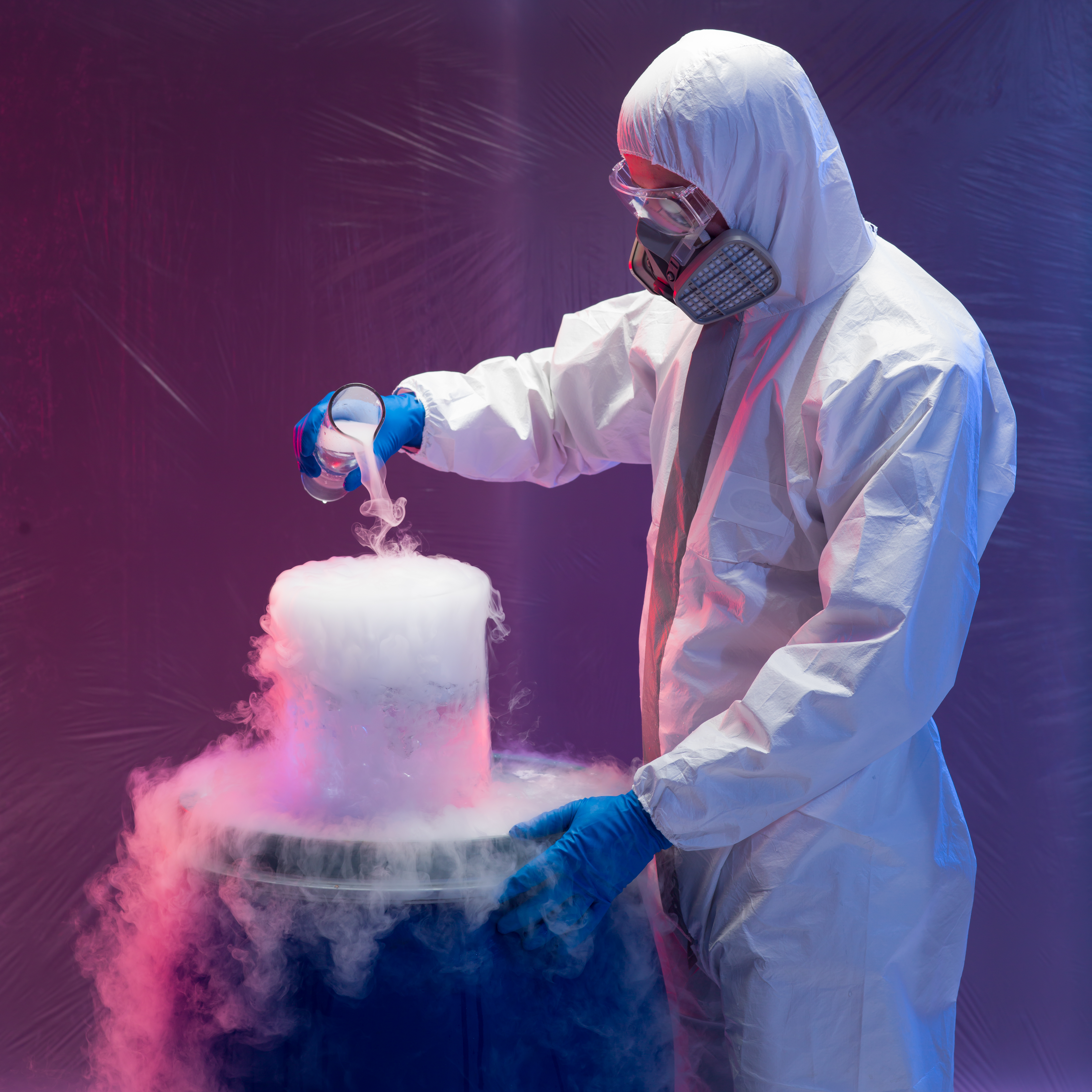The chemical industry is an integral part of modern industry and is also a key concern for occupational protection. The chemical industry involves the manufacture and processing of a wide range of chemicals, often accompanied by various occupational hazards such as high temperatures, chemical leaks, dust, flammability and explosiveness. These wide-ranging factors carry significant risks and can lead to a wide range of occupational diseases. PPE is the first line of defense against occupational diseases in the chemical industry and is critical to protecting the health and safety of those who work in it.
What are the challenges in the chemical industry?
Chemical Spills and Exposure
The chemical industry involves a wide variety of chemicals, including acids, bases, solvents, toxic gases and even carcinogenic compounds, all of which can threaten human health. Occupational diseases caused by chemical exposure are more common and mainly include:
● Skin diseases: long-term exposure to chemicals, such as solvents and acids and bases, may lead to skin irritation, contact dermatitis or allergic reactions.
● Chemical poisoning: Workers can be poisoned if they are not properly protected during operation. The most common are gas poisoning as well as metal poisoning. Poisons entering the human body will affect the respiratory system, circulatory system, hematopoietic system, digestive system and nervous system to different degrees.
Harmful gas and dust
In chemical production, many operations come into contact with dust and hazardous gases, such as chemical machinery manufacturing, rubber processing, and chemical mine production. In addition to a wide variety of harmful gases, there are many types of dust in the chemical industry, including inorganic dust, organic dust, and mixed dust, which can cause respiratory illnesses such as chronic bronchitis, asthma, and lung damage when inhaled over a long period of time.
Noise exposure
Industrial noise is also very common in chemical production processes, and is usually generated by machine rotation, gas emissions, and mechanical friction. Long-term exposure to high-noise environments can easily lead to occupational deafness, i.e., noise deafness, which often accompanied by tinnitus, headache, insomnia, vertigo and other symptoms. Noise can also harm other systems and organs of the human body, causing neurasthenia such as memory loss, inattention, but also arrhythmia, vascular spasm. In addition, noisy production environments are prone to productive accidents and injuries.
High temperature, high pressure and mechanical hazards
The production process in the chemical industry involves many high-temperature and high-pressure equipment, such as evaporation equipment, reactors, pipelines and storage tanks, etc. In addition to the high-temperature and high-pressure risk of the equipment itself, the operation or handling of the equipment may bring about mechanical injuries, and the common occupational diseases as follows:
● Heat exhaustion: working in a hot environment where the body is unable to dissipate heat effectively can lead to weakness, fatigue and fainting.
● Heat Stroke: Severe heat stress can lead to heat stroke, which manifests itself as headache, nausea and confusion.
● Acute Pressure Injuries: Sudden conditions in high-pressure environments can lead to ruptured eardrums and other internal injuries.
● Cuts and crushes: Improper handling or equipment failure may result in cuts, crushes or other traumatic injuries.
● Musculoskeletal disorders: Long-term repetitive lifting and use of force may lead to muscle strains, joint injuries and so on.

What kind of PPE should be equipped in chemical industry related scenarios?
1. Chemical reaction and mixing workshop - chemical contact and leakage risk
During chemical reactions or mixing processes, chemical personnel may come into contact with acids, alkalis, solvents or corrosive liquids, which can cause serious burns if splashed on the skin or eyes. In addition, certain chemical reactions may produce toxic gases that threaten respiratory health.
Recommended PPE: chemical protective clothing, protective gloves, goggles, gas masks.
2. Storage and Handling of Chemicals
When chemicals are stored or handled, especially when flammable or explosive substances are involved, improper handling may cause an explosion or fire. At the same time, static electricity is also a common cause of explosions, especially when handling flammable gases or liquids.
Recommended PPE: anti-static clothing, protective gloves, protective shoes, gas masks
3. High-temperature and high-pressure equipment operation
Chemical equipment such as reactors, distillation columns, and heat exchangers generate high temperatures during operation, while high-pressure equipment such as reactors, piping, and tanks generate pressure injuries during operation. Workers
operating in high-temperature and high-pressure environments can suffer burns, ruptured eardrums and other internal injuries if not properly protected.
Recommended PPE: insulated suits, insulated gloves, steel-toed safety boots/insulated boots, helmets, goggles, gas masks, earplugs
4. Equipment Maintenance and Overhaul
Routine maintenance and overhaul of chemical equipment carries a certain risk of mechanical injury, especially when working at height, overhauling equipment or replacing parts, which may result in fall or entrapment accidents.
Recommended PPE: helmet, safety belt, cut-resistant gloves, protective shoes.
5. Chemical spraying and cleaning process
In the process of chemical spraying or cleaning, there is often a large amount of aerosols, dust and harmful gases in the air. Once inhaled, these gases and dusts can cause great damage to the respiratory system, such as leading to respiratory difficulties, lung disease or chronic poisoning.
Recommended PPE: protective masks, protective clothing, protective gloves, goggles
The risk of occupational diseases in the chemical industry should not be ignored. Understanding these risks and the occupational diseases they may cause will help workers and companies take effective preventive measures. If the chemical industry wants to do a good job of production safety, it is crucial to start from the source. PPE is undoubtedly the first line of defense for prevention. By choosing the right PPE, we can create a safer working environment for workers and improve productivity and production safety.




